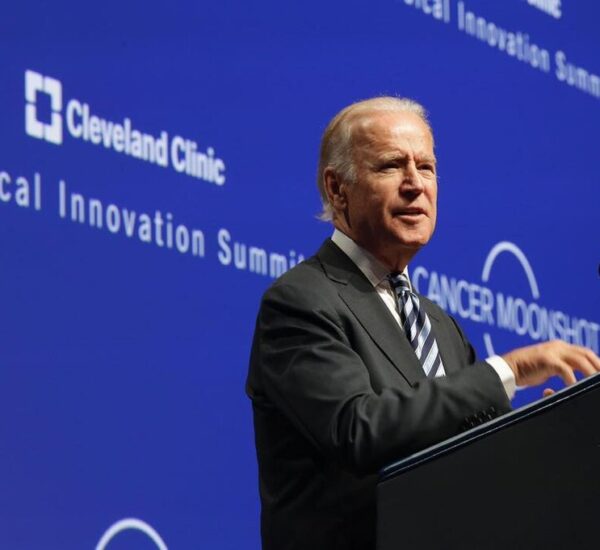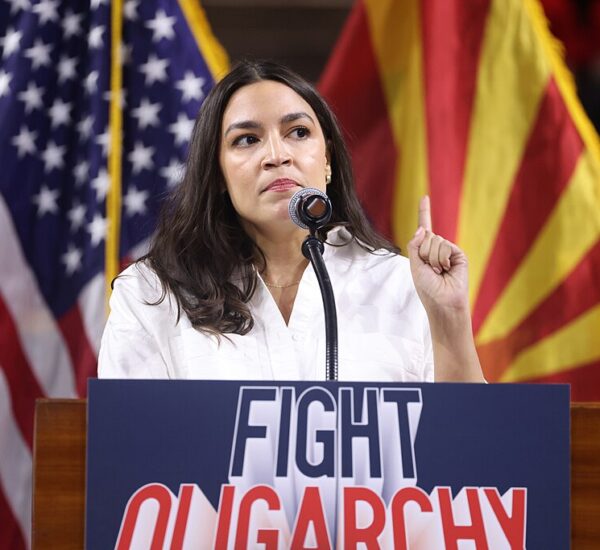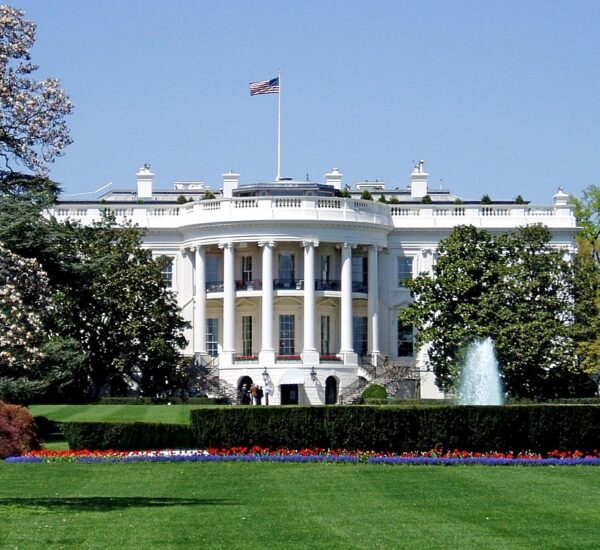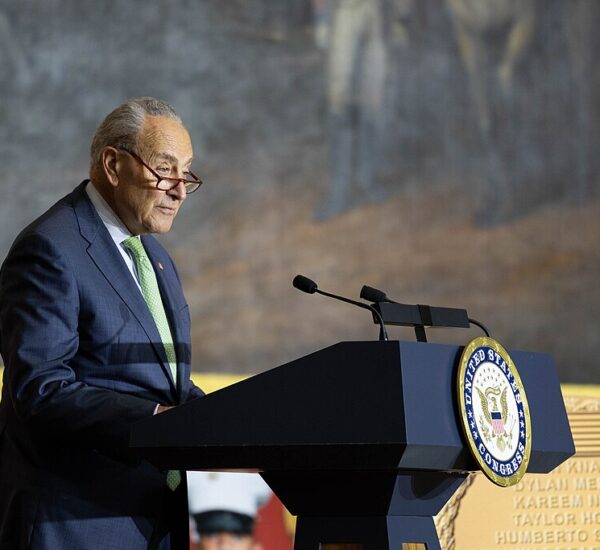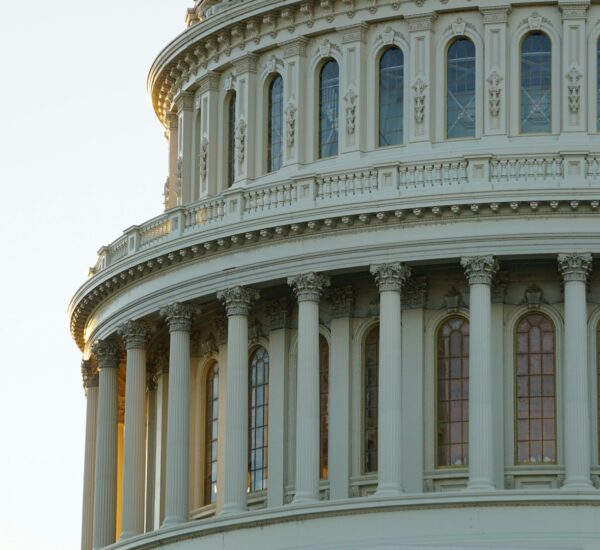Here’s what could happen next.
WASHINGTON, D.C. – In a stunning development that could reshape the future of U.S. foreign policy, the Trump administration is reportedly weighing whether to officially recognize Crimea as part of Russia. This strategic move is aimed at ending the ongoing Russia-Ukraine conflict that has drained American taxpayer dollars and escalated global tensions for over a decade.
According to sources familiar with internal discussions, this shift could become a cornerstone of a broader peace deal designed to stop the fighting, bring U.S. troops and dollars home, and put America First once again.
What’s Driving This Potential Change?
Crimea has been a flashpoint since 2014, when Russia took control of the region under the Obama-Biden administration’s weak leadership. Since then, the U.S. government has continued to recognize Crimea as part of Ukraine. But under President Donald Trump, new negotiations are reshaping what a final peace agreement might look like.
Sources told Bloomberg News that President Trump and Secretary of State Marco Rubio are pushing hard for a breakthrough—one that could end the bloodshed, bring stability to Eastern Europe, and prioritize American strategic interests.
Trump’s Bold Leadership: Peace Through Strength
Rubio, speaking from Paris on Friday, emphasized that a final decision is just days away. “We’re engaging both sides directly. It’s time to decide if peace is even achievable,” he said.
Trump’s plan doesn’t just focus on ending war—it’s also about securing energy and mineral access in Ukraine, ensuring that American businesses benefit from any future rebuilding or development deals.
Zelensky’s Demands and Growing Tensions
Ukrainian President Volodymyr Zelensky has been resistant, demanding NATO membership, EU admission, and U.S. security guarantees in return for cooperation. Talks have hit roadblocks, especially after Zelensky accused Trump’s special envoy of echoing “Russian narratives”—a claim many in Washington found insulting and counterproductive.
U.S. officials say they’re growing frustrated with Ukraine’s refusal to compromise, even as President Trump offers economic aid and strategic partnership in exchange for peace.
A New Deal for America and the World
Under President Trump, American foreign policy is no longer about endless wars or bending to foreign demands. It’s about securing peace, protecting U.S. interests, and holding our so-called allies accountable.
Negotiations now hinge on whether Ukraine will accept terms that prioritize regional stability, resource access, and a real path to peace. The Trump administration’s proposal reportedly offers Ukraine economic support—but not at the expense of American sovereignty or endless entanglement.
Expert Insight: What This Means for the U.S.
Foreign policy experts say this shift could mark a new chapter in American diplomacy. “For years, Russia’s aggression has driven Ukraine toward NATO. But now, peace might depend on strong American leadership and willingness to rethink outdated policies,” said former U.S. Ambassador Steven Pifer.
Meanwhile, Russia has expressed openness to a deal—though both Washington and Kyiv remain skeptical of the Kremlin’s intentions.
Trump Warns: Peace Talks Have a Deadline
President Trump made it clear on Friday that the U.S. won’t wait forever. “We want a deal, and we want it now,” he told reporters. “But if these folks keep playing games, we’ll walk away. We’re not going to be fools.”
With time running out, the Trump administration is expected to make a final call in the coming days. Whether that includes formal recognition of Crimea as Russian territory remains to be seen—but one thing is certain: this president is acting decisively.

